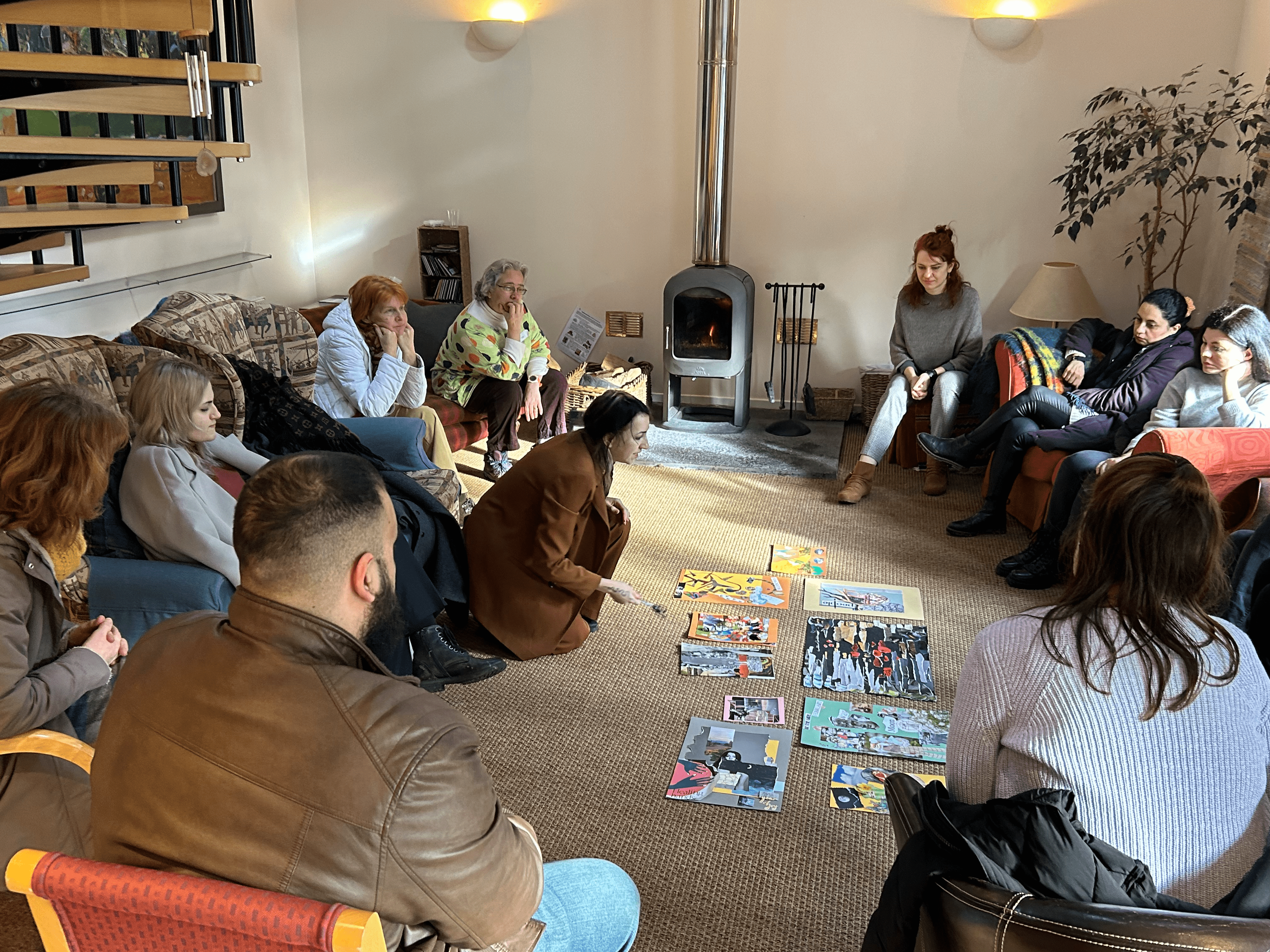Reflections
In delivering this project, we have now determined how we want to move forward with regard to our experiences, our improved knowledge and developing further similar support.
As a result, we are continuing our work with the SCQF to look at having our developed employability and language support course accredited.
This means that participants would receive formal recognition within the Scottish qualifications framework for their learning.
Part of this course will see staff trained further in trauma-informed teaching, as this is essential when working with groups with backgrounds of various type of trauma.
We are looking into the options of training staff to become IELTS examiners as we more aware of the backlog in assessing individuals so they can move forward within (higher/further) education.
We are currently seeking further funding in order to be able to offer more provision for this demographic. As there is no clear progression pathway, there is nowhere directly to signpost students to appropriate and suitable ways to build on their progress. Further language provision for them is essential.
We will continue to try and fund projects for people in need of opportunities to socialise and network in order to avoid isolation and risk of poverty.





